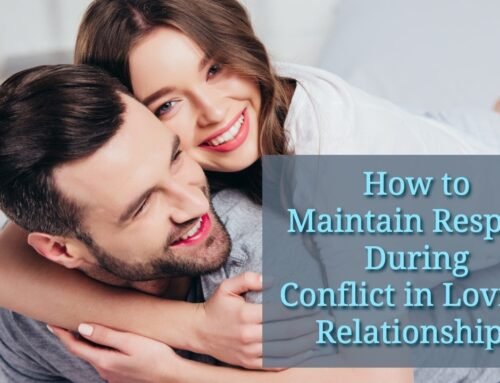Family is the foundation upon which we build our lives. The bonds we share with our family members should be of love, respect and understanding. However, as in any close relationships, conflicts, misunderstandings and hurts can occur, leaving deep emotional scars. Learning how to forgive is crucial in healing these wounds and fortifying your familial bonds. This post will guide you through the process of forgiveness within the family, helping you to build stronger, more resilient connections with your loved ones.
Understanding the Value of Forgiveness
Forgiveness is more than just an abstract idea. It is a tangible instrument for emotional recovery and relationship restoration. Clinging to feelings of resentment, anger or hurt can have adverse effects on both our mental and physical well-being. The act of releasing these detrimental emotions and opting for forgiveness paves the way for healing and inner peace.
The Steps to Forgiveness
1. Acknowledge the Hurt:
Before genuine forgiveness can occur, recognising and accepting the emotional pain and hurt you’ve experienced is crucial. This stage necessitates a sincere self-assessment of your emotions and an understanding of the extent of the damage caused to you.
2. Communicate Your Feelings:
After recognising your emotions, convey them with clarity and calmness to the related family member. Speak truthfully without being confrontational, centering the discussion on your emotions and your path to healing and forgiveness.
3. Try to Understand:
Seek to understand the other person’s perspective. This doesn’t mean you have to agree with their actions, but understanding their point of view can help in the forgiveness process.
4. Decide to Forgive:
Make the conscious decision to forgive. Recognise that holding onto resentment will only perpetuate your pain and hinder the healing process.
5. Give it Time:
Healing and forgiveness are not instantaneous. Allow yourself the time you need to heal emotionally, understanding that it’s a process that can’t be rushed.
Healing and Moving Forward
After working through these steps, focus on healing and moving forward. Rebuilding trust and rapport takes time and effort from all parties involved.
Foster Open Communication:
Maintain open lines of communication with your family members. Consistent and honest conversation is key to understanding each other better and preventing future conflicts.
Exhibit Empathy and Compassion:
The role of empathy and compassion is vital in repairing strained relationships. Display genuine concern and affection for the feelings and well-being of one another.
Pursue Expert Advice:
Do not hesitate to reach out for assistance from a skilled relationship coach. Expert advice can offer new viewpoints and methods for healing and reinforcing your family bonds.

The Road to a Stronger Family
Healing old wounds and learning to forgive is the path to building a more resilient, loving family. By working through the steps of forgiveness, maintaining open communication and showing empathy and compassion, you and your family can move beyond past hurts to establish stronger, healthier relationships.
Conclusion
In conclusion, forgiveness is not solely a gift to others. It is a gift to yourself as well. Letting go of the heavy loads of resentment and anger enables you to welcome peace, joy, and a more profound bond with your family members. The path towards forgiveness and healing may be tough, but the benefits are beyond measure.
Ready to embark on the path of healing and forgiveness?
As a life and relationship coach, I am here to guide you through this important journey.
Contact us now for a free 30-minute consultation and take the first step towards healing old wounds and building stronger bonds within your family. Your peace and happiness are worth it, reach out today.
Online and Physical Meet-up Coaching are Available





























